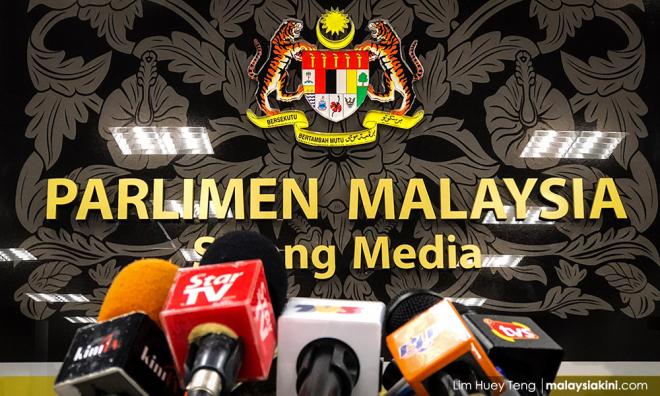
It is great to see the debate between Malaysiakini columnist Jacqueline Ann Surin and MP of Selayang William Leong Jee Keen over whether the Parliament’s special select committees can convene their meetings through teleconferencing.
It is time our media and opinion leaders look beyond the parliamentarians’ attendance and shouting matches, which are only symptoms of what is wrong with our Parliament.
As I have both read and written a bit on parliamentary democracy, allow me to join the debate.
For the benefit of readers less familiar with the context, allow me to first explain briefly what parliamentarians do, then summarise where Surin and Leong disagree.
Why should you care? The debate involves annually some RM12 million of your money, you as taxpayers.
The million-dollar question: What do MPs do?
MPs are paid RM16,000 in monthly allowance but their “office hours” are very limited – only 68 days in the whole year of 2019 and six hours for a normal day. What do they do nationally outside the 68 days?
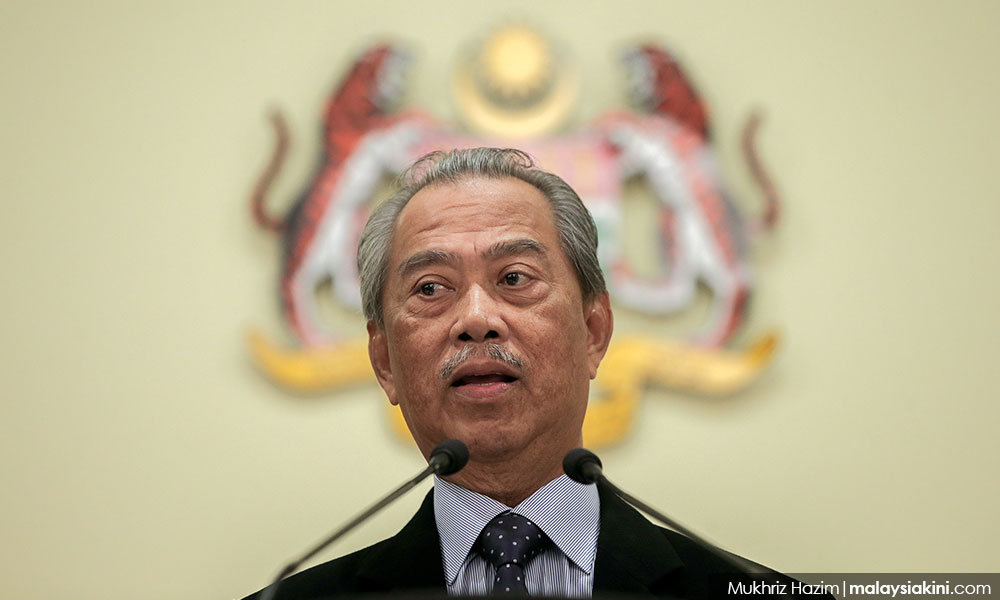
First, we have a speaker (currently an unelected member) and deputy speakers who organise legislative businesses. Next, we have a prime minister (paid RM22,826.65 in monthly salary), ministers (RM14,907.20) and deputy ministers (RM10,847.65) who run the country the whole year long. Then, we have the parliamentary opposition leader (with RM3,846.59 in monthly allowance).
Official national roles for all other MPs are in parliamentary committees.
During BN’s time, there were only five “standing” committees: Selection (which nominates members for all other committees), Standing Orders, House, Privileges and Public Accounts (PAC).
With the exception of PAC which must consist of government backbenchers and opposition members, the four others are dominated by ministers and deputy ministers. Hence, some 60 percent of parliamentarians had no committee responsibilities.
By 2019, Pakatan Harapan had set up 10 “special select committees” with specific tasks and filled them up with 70 MPs – 50 from the government camp and 20 from the opposition. (See table below)
The number of MPs without national responsibilities dropped to 82 – 57 from the opposition, 25 from the government camp.
That’s still RM1,312,000 a month under-utilised, or RM11,808,000 for the nine months when the Parliament was not in session.
What is the Surin-Leong debate about?
In response to the one-hour parliamentary sitting on May 18, Surin wrote two columns.
Her first column (May 12) called Prime Minister Muhyiddin Yassin out for “keeping the Parliament in the 14th Century”, when the English Parliament was prorogued because of the Black Death outbreak and there was no Zoom video-conferencing.
Her second column (June 2) questioned if the opposition also lives in the 14th century.
She first questioned why the Harapan leadership did not accept Bersih 2.0’s offer to organise a Shadow Virtual Parliamentary Sitting to showcase virtual Parliament is perfectly possible.
She then urged the eight Harapan committee chairs – Leong is one of them – to also conduct their committee business virtually. “Virtual meetings would allow these select committees to conduct public hearings, summon witnesses and scrutinise the executive. If this happens, the months before the next sitting won’t go to waste.”
Arguing that “an illegitimate government cannot be ousted by illegitimate means”, Leong’s reply consists of three reasons:
- “The standing and authority for the Harapan select committee chairpersons to hold meetings and conduct inquiries ceased immediately upon the change of government.”
- “The select committees do not have powers to determine the validity of Muhyiddin’s appointment as prime minister.”
- “The Harapan select committee chairpersons cannot… summon the attendance of witnesses, summon production of documents and collect evidence, although wide, (they) are not unlimited or unfettered”, again drawn back to Muhyiddin’s legitimacy.
Clearly, Leong’s second and third points are misplaced because Surin did not at all ask the committees to act on Muhyiddin’s legitimacy. She only asked them to cover their committee tasks.
Must committees be headed by government MPs?
I will, therefore, respond only to Leong’s first point, which is to effectively say, all parliamentary committees are now “suspended” until their chairs and memberships are reshuffled by Muhyiddin.
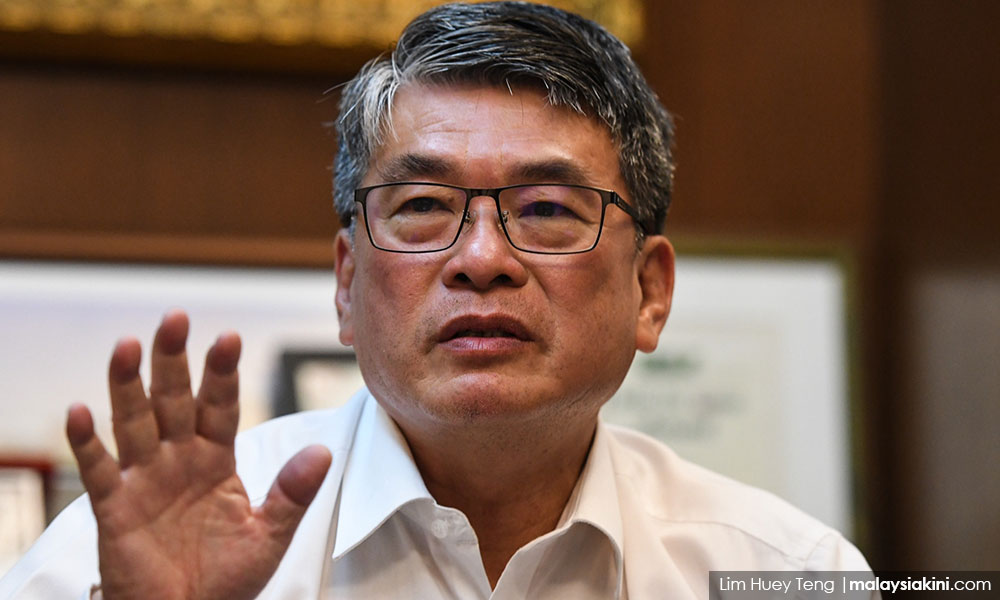
Leong (photo) based his first point on this ground: “Standing Order 82(1) provides that the members of the select committees are based on a formula to reflect the composition of the Dewan Rakyat as a whole. Therefore, the chairpersons of the select committees must be government MPs, except for committees such as the Public Accounts Committee (PAC)…. This also means the majority of the members in each select committee must be government MPs.”
I am afraid, Leong, an outstanding MP whom I always hold in high regards, has made an erroneous reading of the Standing Orders (available on the Parliament’s website in comprehensible English) with grave implications for both the Parliament and Harapan MPs. I have two points to make.
First, his assertion that committee chairs must be government MPs is not found in the Standing Orders. The Selection Committee nominates the committees’ members [S0 81(1)] who then elect their chairs [SO 81(2)]. In fact, Leong must have forgotten that one of his fellow committee chairs, Fadillah Yusof (GPS), was then an opposition MP.
SO 82(1) which Leong quotes indeed demands committee membership to practicably reflect the composition of the House. However, this was blatantly violated by the then Harapan-dominated selection committee.
As of last December, out of 72 government MPs and 72 opposition MPs without executive and other House responsibilities, the 70 members for the ten special select committees were lopsidedly chosen: 50 from government and only 20 from the opposition.
It was wrong for the Harapan then to deliberately marginalise opposition members. To defend the wrong practice now that Leong and his colleagues are on the opposition bench is shooting themselves in the foot. It simply means many Harapan parliamentarians will be removed from the committees and PN can cite Leong for their defence.
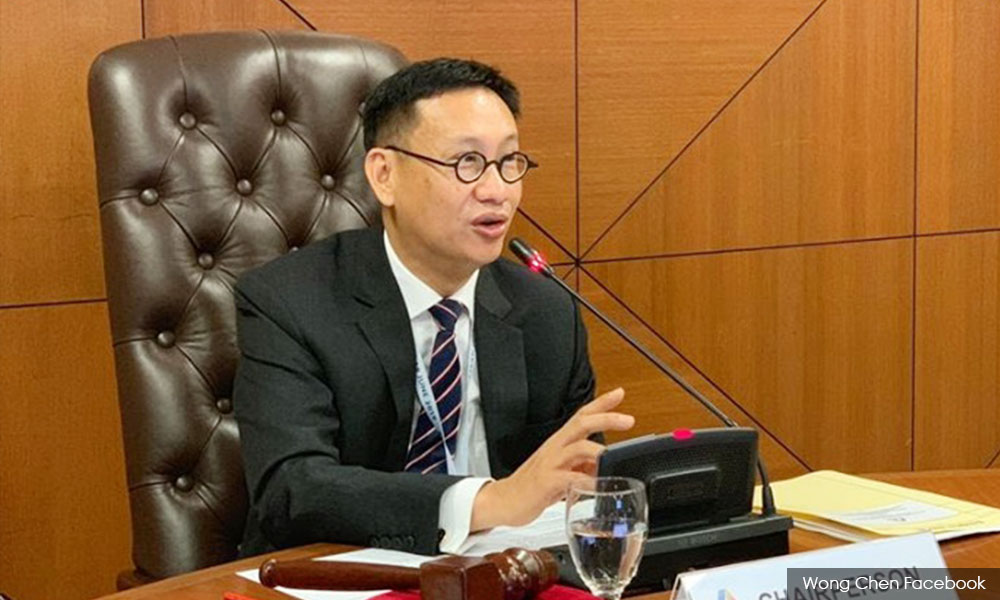
I strongly recommend a proposal on parliamentary committees by MP Wong Chen (photo), incidentally another committee chair.
Are the select committees suspended?
Second and most importantly, the existing committees are not “suspended” until its reshuffling by Muhyiddin’s new selection committee.
“A select committee, the life of which is not limited when it is appointed, shall continue in being until the completion of the task in respect of which it was appointed or until the dissolution of the House.” [SO 83(6A)]
“A select committee may continue its investigations although the House may be adjourned…” [SO 83(7)]
Incidentally, this is proven by a letter (mentioned in Surin’s second column) dated April 9 from the speaker to all committee chairs, urging them to postpone their committee businesses because of the movement control order (MCO), the same pretext for the one-hour sitting.
If the committees are already “suspended”, why this letter?
Now that we have established that all the special select committees are alive and kicking, contrary to Leong’s assertion, two questions follow to judge whether Surin’s demand is reasonable.
First, can the committee chairs conduct committee meetings and public hearings if they so wish? Second, do they have committee businesses to necessitate such meetings?
The Standing Orders impose two requisites: (a) a quorum of three including the chair [SO 83(3)]; (b) the committee’s secretary has to be secretary of the House or his appointee. [SQ 83 (8)]
The first requisite is no issue as all eight committees have more than three Harapan members. Meeting the second requisite clearly needs the speaker’s support. Hence, Surin urged Leong and his colleagues to petition the speaker to lift the postponement mentioned above.
Now, do the committees have any business to pursue while the Parliament hibernates?
This is best answered by the eight Harapan committee chairs. Besides Leong, we also have Ramkarpal Singh, Nik Nazmi Nik Ahmad, Hassan Abdul Karim, Wong Chen (above are all lawyers), Charles Santiago, Syed Ibrahim Syed Noh and Nor Azrina Surip.
They should enlighten taxpayers on their committees’ work plan for 2020 unless they believe that their committees are effectively suspended until reshuffling.
WONG CHIN HUAT is an Essex-trained political scientist working on political institutions and group conflicts. He currently leads the clusters on the electoral system and constituency delimitation in the government’s Electoral Reform Committee (ERC). Mindful of humans’ self-interest motivation while pursuing a better world, he is a principled opportunist. - Mkini



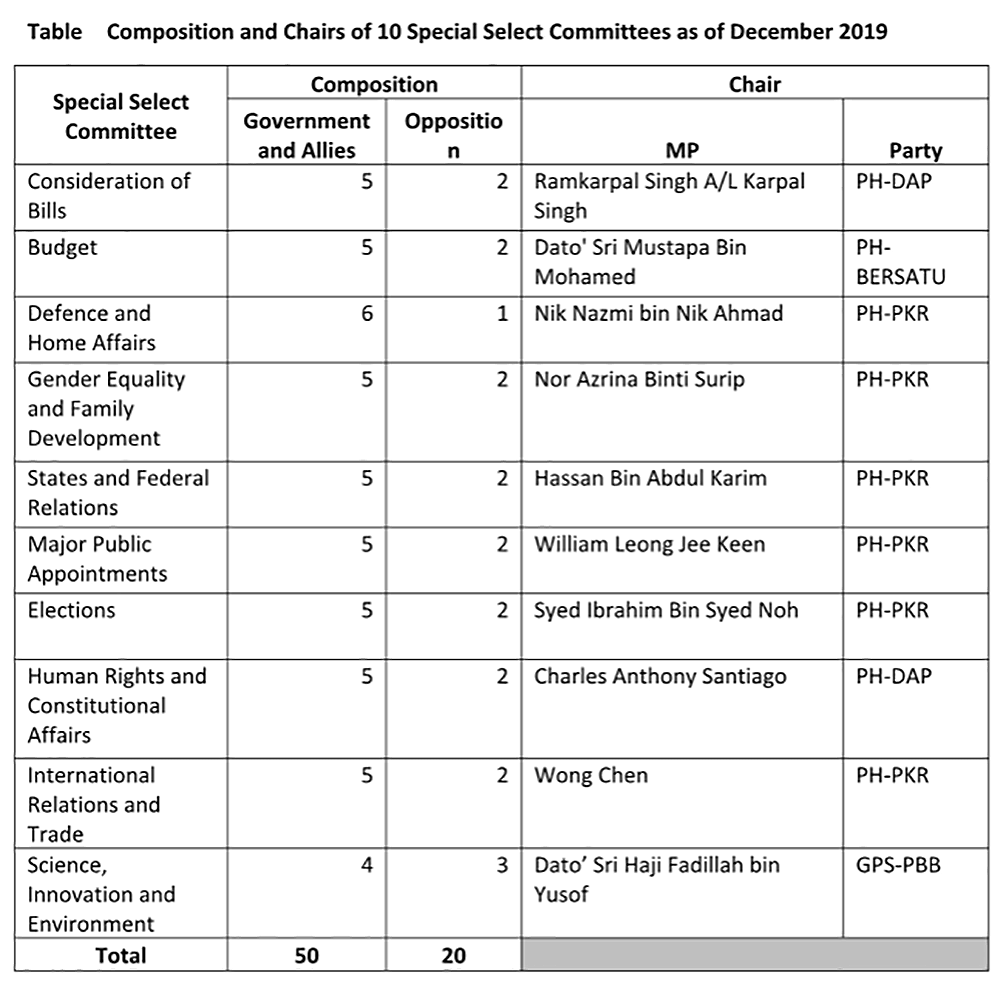
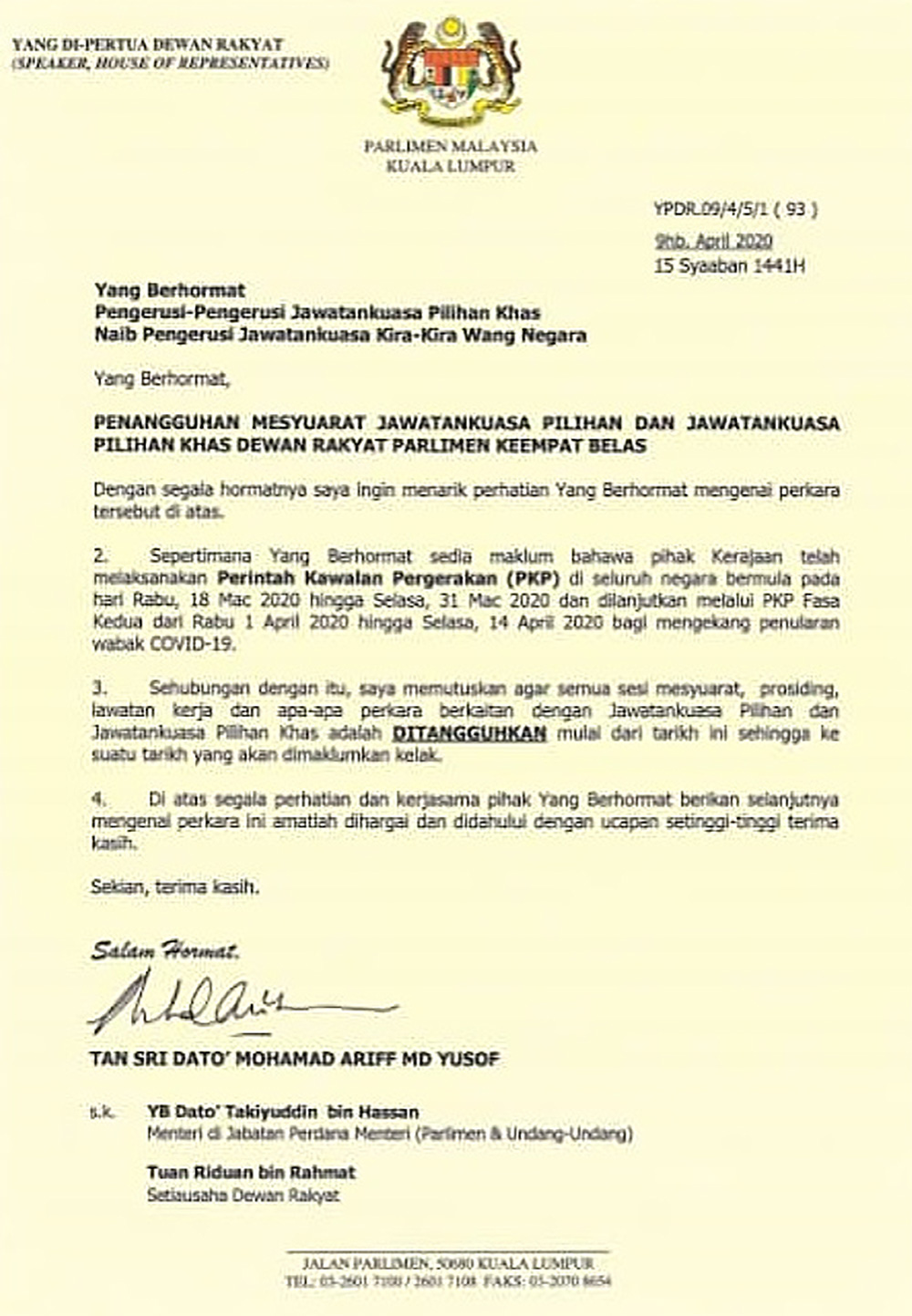
No comments:
Post a Comment
Note: Only a member of this blog may post a comment.